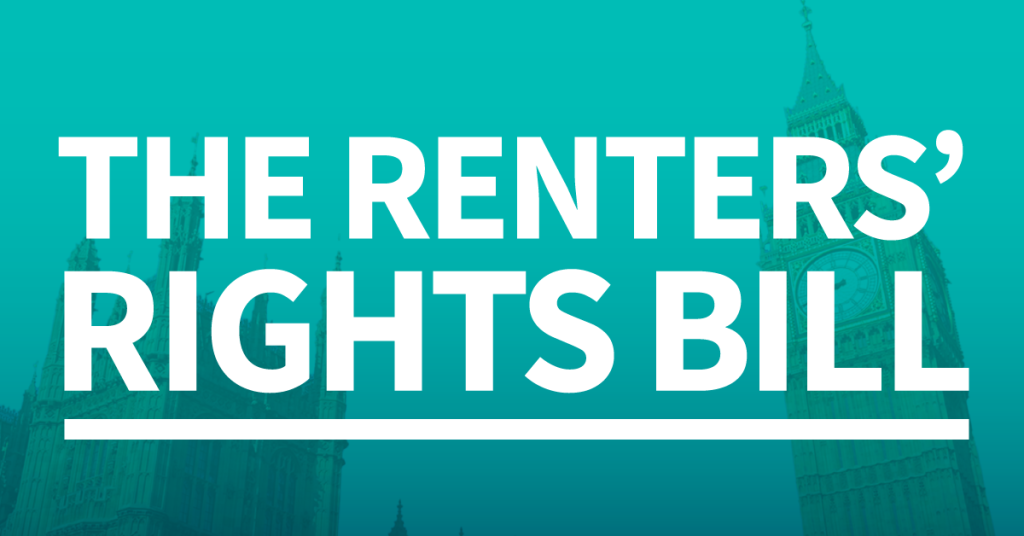What’s Coming Next for Landlords in the Private Rented Sector
By Sam Charlton, Director, Waterfords
The private rented sector is about to see some big changes. As a landlord, it’s important to understand what’s coming so you can plan ahead. Here’s a simple breakdown of Phases 2 and 3 of the government’s Rent Reform Roadmap.
Phase 2: The PRS Database and Landlord Ombudsman (Late 2026 Onwards)
From late 2026, all private landlords will need to sign up to the new PRS Database. This will be mandatory and come with an annual fee (details on the cost are still to be confirmed).
What you’ll need to do:
- Register your properties and provide key details like:
- Your contact information (including co-landlords, if applicable)
- Property details: address, type, number of bedrooms, number of tenants, whether it’s furnished
- Safety and compliance info: gas, electric, and energy certificates
- The database will also be accessible to local councils and the public in some cases.
Once the database is up and running, the government will introduce the PRS Landlord Ombudsman.
The Ombudsman will:
- Provide tenants with a redress service if things go wrong
- Support landlords with guidance, tools, and training to manage complaints early
- Be mandatory for all PRS landlords, funded through a fair charge
Full membership for landlords is expected around 2028, with plenty of notice given before it becomes a requirement.
Phase 3: Decent Homes Standard (DHS)
Phase 3 is about making sure all PRS homes meet a decent standard. While the exact dates are still being confirmed (likely 2035 or 2037), landlords should start planning improvements now.
Key points:
- Properties will need to meet a minimum quality standard, giving councils powers to act if homes fall short
- Minimum Energy Efficiency Standards (MEES) aim for EPC C or equivalent by 2030
- The Housing Health and Safety Rating System (HHSRS) will be updated to support these standards
- Awaab’s Law will apply to the PRS, meaning landlords must act quickly to fix serious hazards
What This Means for You
- Landlords: Prepare for registration, Ombudsman membership, and long-term property improvements. Planning now reduces stress later.
- Tenants: Greater transparency, better safety standards, and access to a formal complaints process.
At Waterfords, we’re here to help landlords navigate these changes and make compliance as straightforward as possible. Keep an eye on updates, start planning, and you’ll be well-prepared for the reforms ahead.






